In the western regions of Tokyo, almost an hour’s train ride from the organised chaos of the Shibuya Scramble is the neighbourhood of Higashimurayama. Life moves at a bit slower pace, but it’s still urban enough that the train lines extend this far west. I emerged from the station to meet my hosts, absorbed in the new but familiar sights of multi-story buildings, densely pack single family homes with tiny yards, and the steady, though thinner stream of humanity going about their business along the streets. It was a reminder that I am still in metropolitan Tokyo. This metro area is one of the world’s largest. Wikipedia claims it is home to up 38 million residents. That number itself is already more than the entire population of Australia.
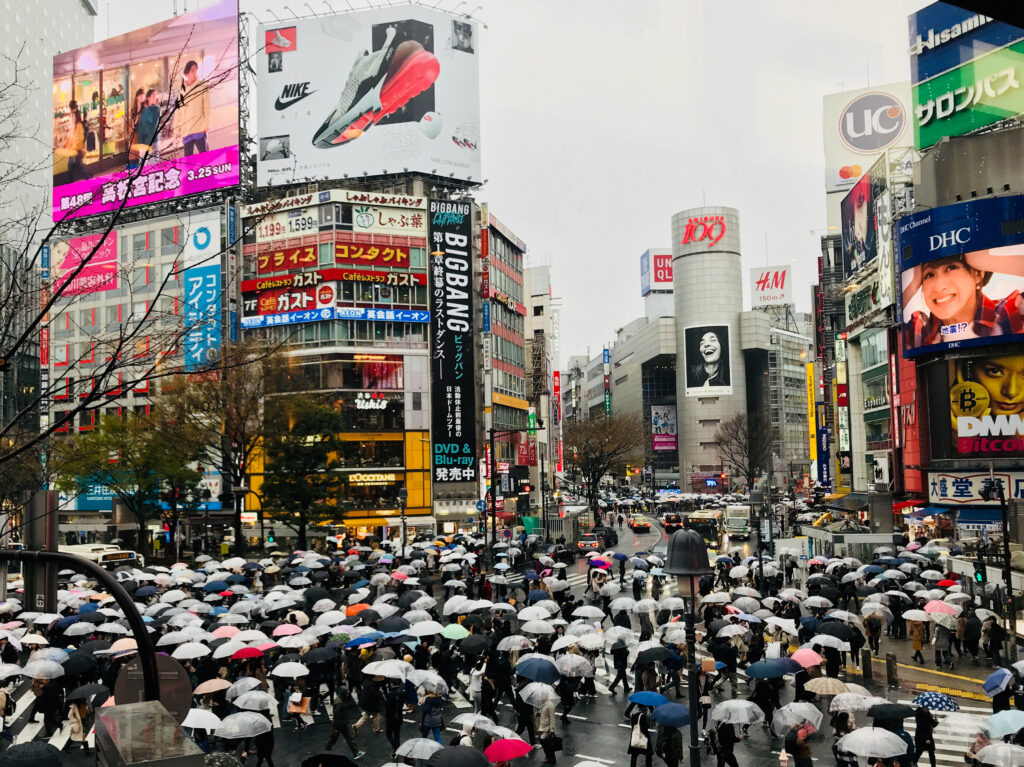
Higashimurayamans may be accused of being a bit more “country” Japan, but as an outsider, it still felt very city for me. The population of Higashimurayama is humble, just under 150,000, but its population density is 8700 people per square kilometre. With the steady flow of trains, buses, cyclists and pedestrians, it’s certainly a city in its own right.
Tiana and Lindsay met me at the train station. I’d only communicated through Instagram with Lindsay until now. This was our first time meeting face-to-face. Covid made initiating online friendships more commonplace, still, it was special to finally meet someone in person. Lindsey, who is originally from the US, brought along her partner in ministry, Tiana, an Aussie from Sydney. We got a quick bite to eat at McDonalds on the way to the OMS campus where they both live and work in full time ministry.
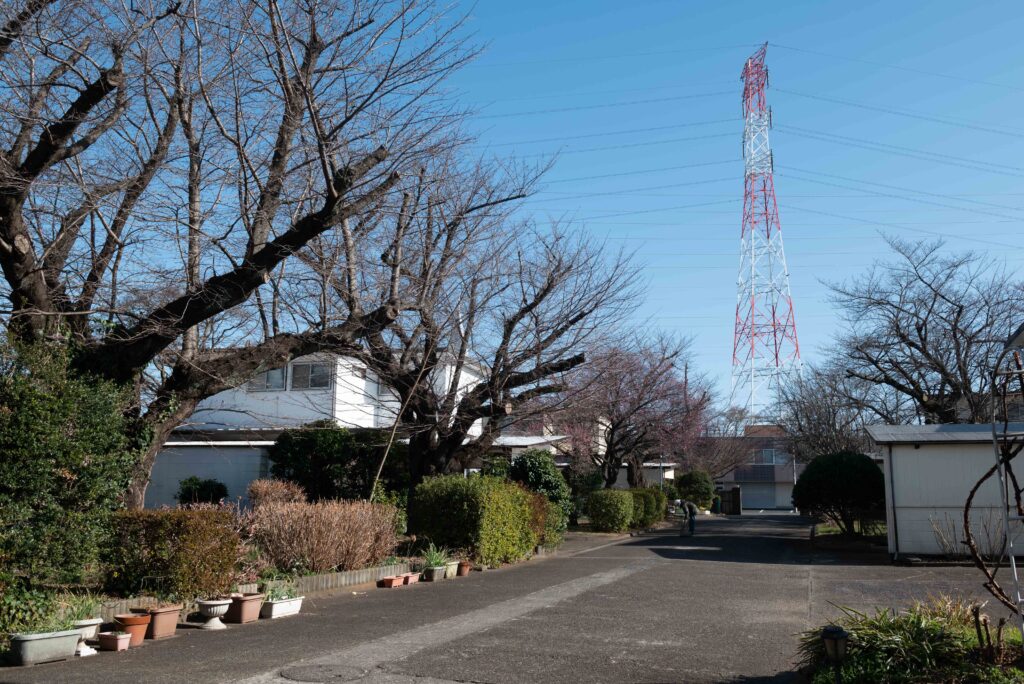
OMS, or One Mission Society, is a Christian missions organisation founded in 1901. Their website describes their work as to “share the gospel and equip the sons and daughters of all nations to reach their own people for Christ.” In Japan the OMS campus consists of four single family houses, a church and small dormitory where Lindsay and Tiana live. Located onsite is also an enclosed basketball court with four hoops and an adjacent field where kids can play soccer or baseball. It’s here where I spent the afternoon photographing and meeting the local Japanese students who came to play after school hours.
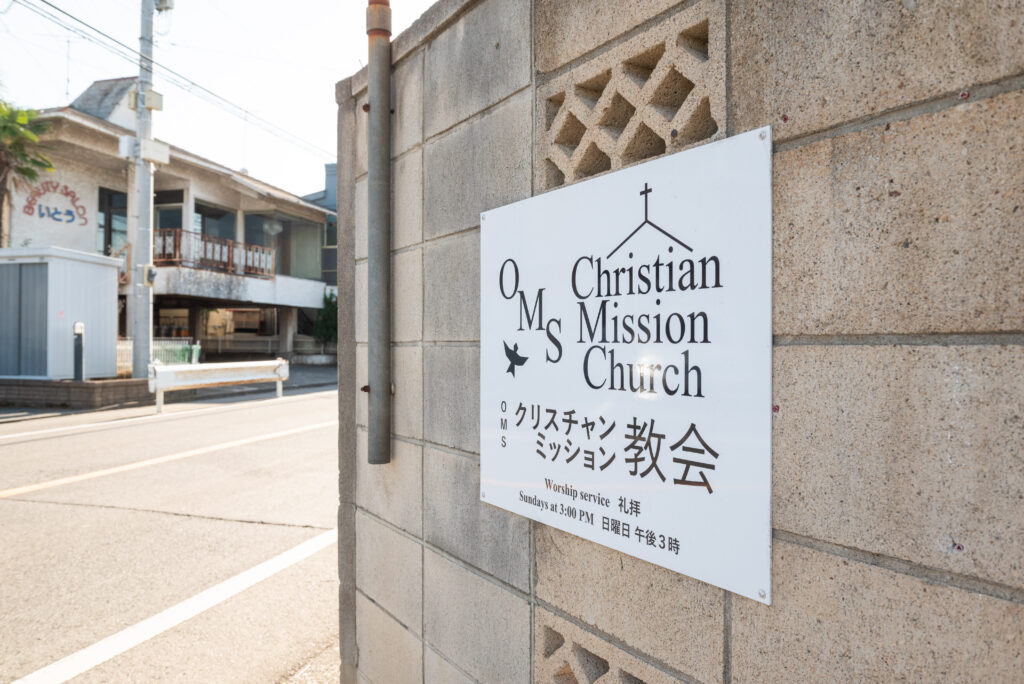

In 2019 Lindsay arrived in Tokyo from Indiana in the USA to launch a sports ministry with OMS. Before she arrived the basketball sport ministry was basically non-existent. The courts were opened only on Saturdays and maybe a few youth would come. When Lindsay took it over, she opened the courts more days of the week. With prayer asking God to bring more students to the campus, slowly students began coming. The ministry started to gain some traction. However, in March 2020 Lindsay returned to the US for a short visit home and instead found herself locked out of Japan for the next two years.

In August 2022 Lindsay was finally able to return for another one year assignment – the one she is currently serving. Despite the setback of the pandemic, Lindsay and the OMS team rebooted the sports ministry. Now after months of prayer and consistently showing up and opening of the basketball courts for the community, up to 40 neighbourhood kids play pickup ball. She’s building relationships with the kids that come by and with the parents that pick up and drop off. When she’s not on the basketball court, she’s studying Japanese and doing street ministry at the train station with others from the OMS team.
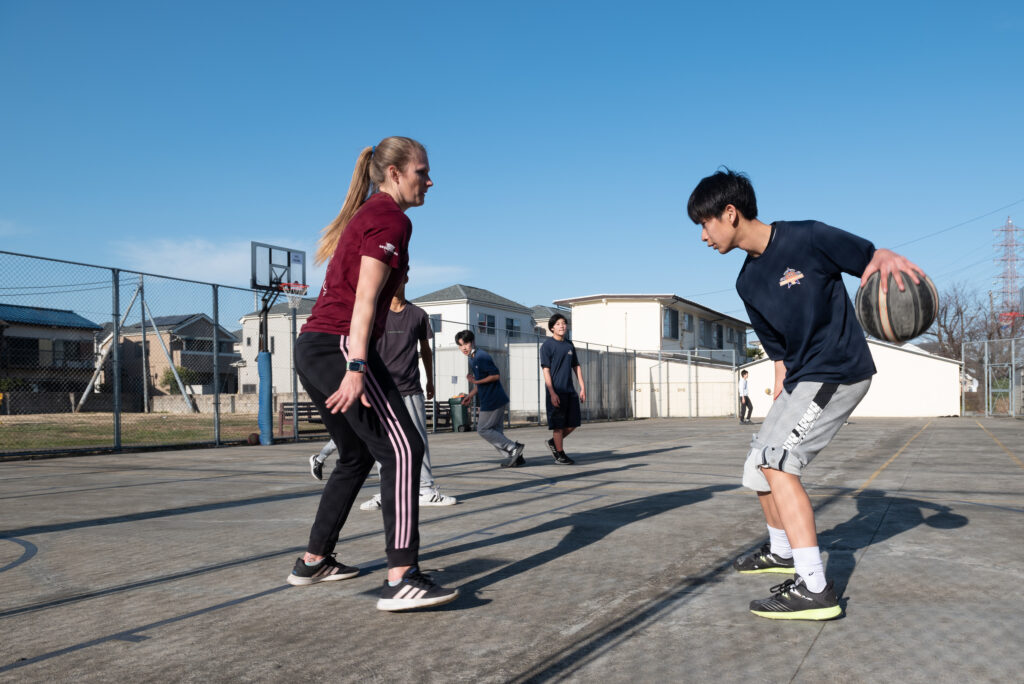
I asked Lindsay what brought her to Japan in particular. She replied, “I specifically wanted to do sports ministry and OMS had the basketball court on their campus. Then I learned that the population of Christians in Japan is less than 1% and there is a high suicide rate among teenagers. Also a lot of missionaries are retiring but not as many are replacing them. Sports was the biggest draw though.”
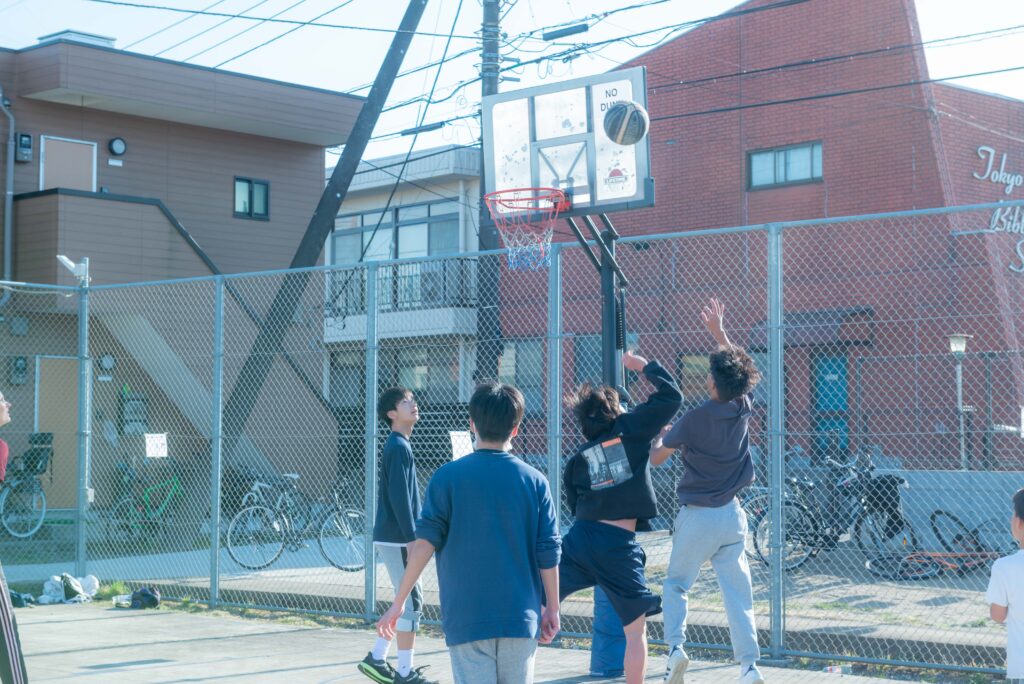
In the world of Christian missions, an unreached people group is a term used to describe when less than 2% of the people group are Christians. Once 2% of the population are Christians, then the local believers can continue sharing the gospel to their own people without the help of foreign missionaries. Currently, Japan has one of the smallest percentages of Christians in the world, estimated at .03% of their population. This is in large part due to the country’s history of isolation from 1639-1853 enacted by the Tokugawa Shogun, Iemitsu. Iemitsu and the shoguns who followed intentionally isolated the country from western thought and ideas, and in particular, Christianity.
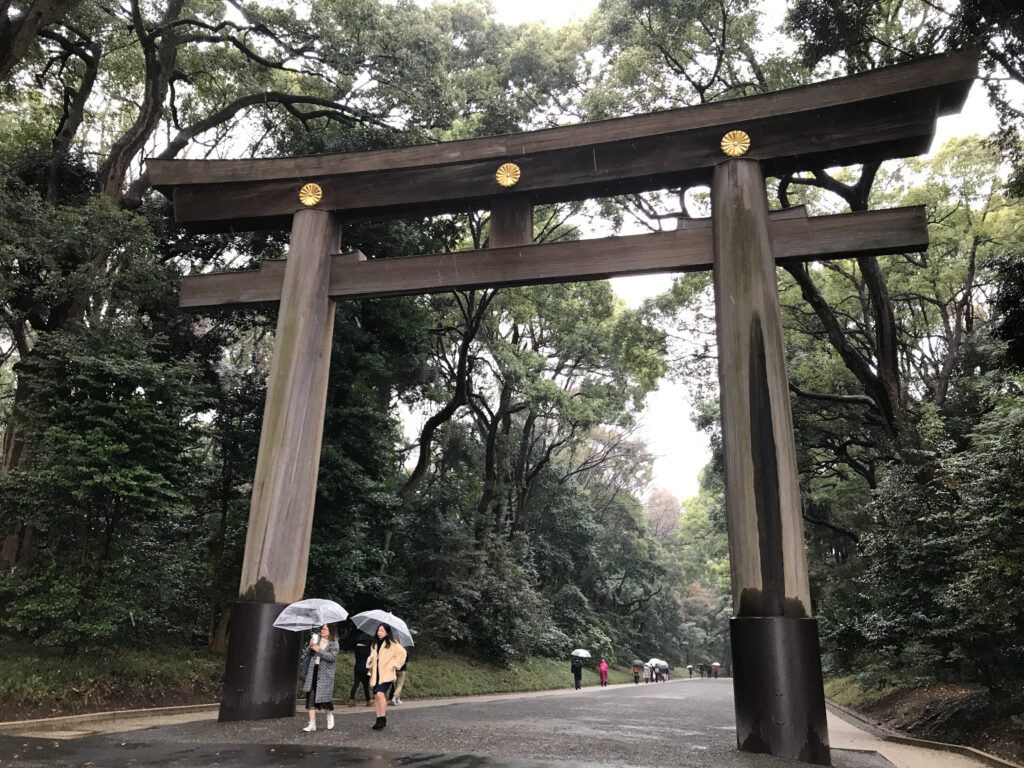
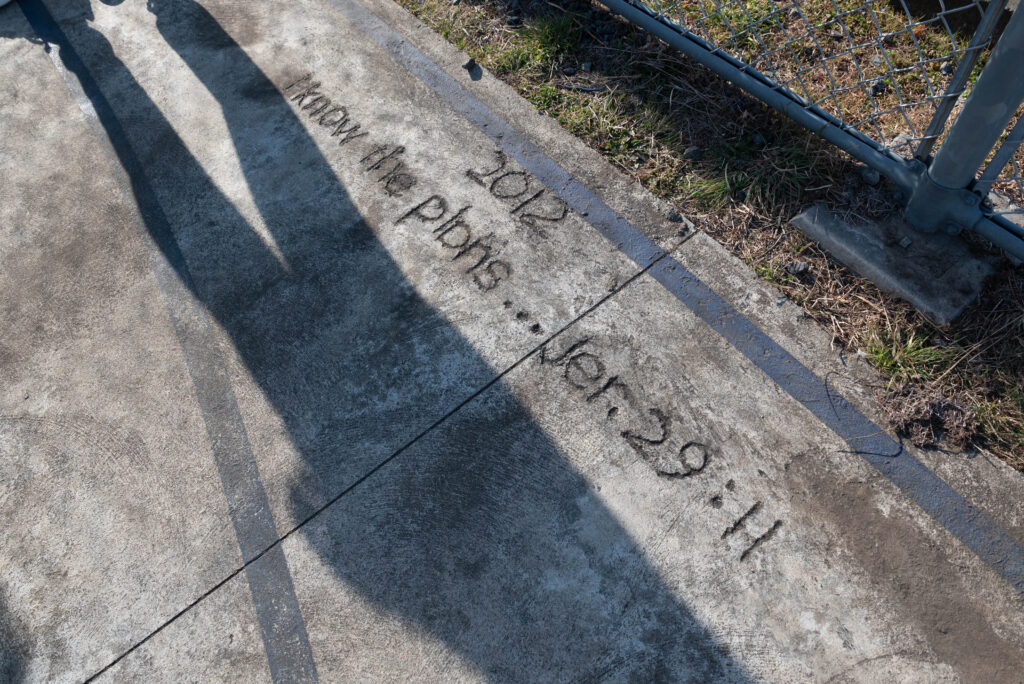
As for her ministry partner, Tiana, her journey to Tokyo came through an urge, a calling, to do something significant with her abilities post graduation. Having studied Japanese at the University of Sydney, she served as my translator all afternoon. Tiana runs English speaking classes on the campus twice a week for Japanese women.
“My first exposure to Japanese culture was before I started high school. I discovered some manga at the library. This led to my choosing to study Japanese throughout high school and finally a one week exchange in Japan during my last year of high school. During my homestay I had a lot of conversations with my host family about their values and worldviews. It really impressed upon me how foreign Christianity was to them. I continued to study Japanese in university. After graduating uni I was wondering where to invest my future and the words of CT Studd, a British missionary, once quoted to me in my youth, came to me. ‘Only one life, twill soon be past, only what’s done for Christ will last. And when I am dying, how happy I’ll be if the lamp of my life has been burned out for thee.’ Now after studying Japanese for nearly a decade, I thought, ‘Why not go and see if that’s where God wants me.’ “
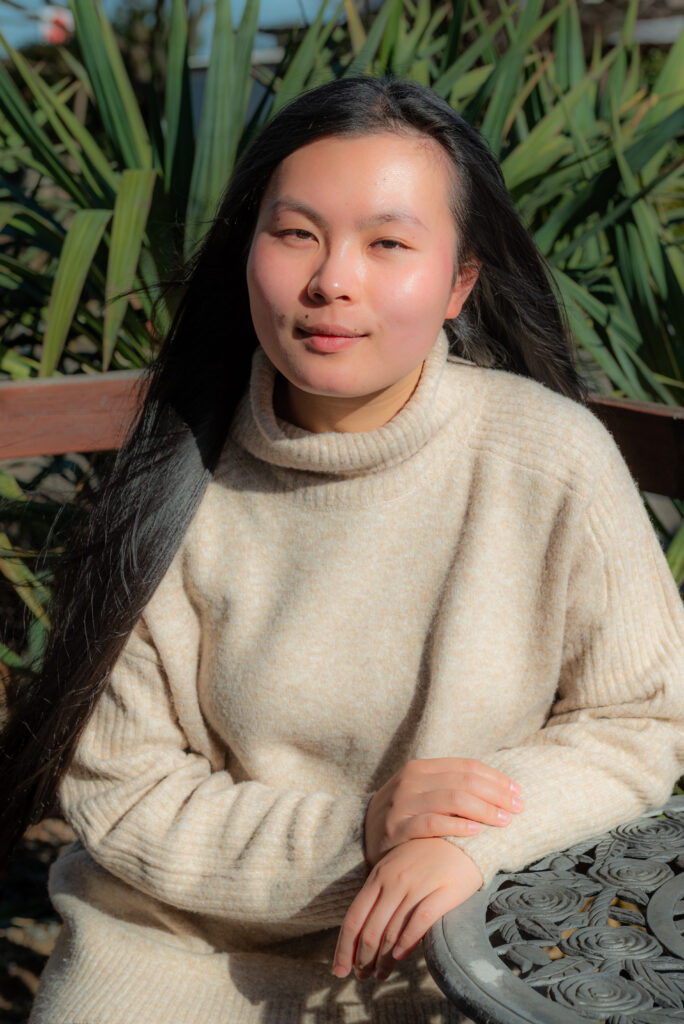
For the couple hours before sunset, boys and girls ranging from primary to high school came through to the courts at the OMS campus to play some pickup. A few came by to chat with me as well.
I asked them all similar questions you’d ask any youth of this age – tell me about your family, school and what do you hope to do when you grow up. I also asked them them for their perspective on their observations between their generation and parents and grandparents as well as what they’d want the rest of the world to know about Japan. Here were some of their responses.
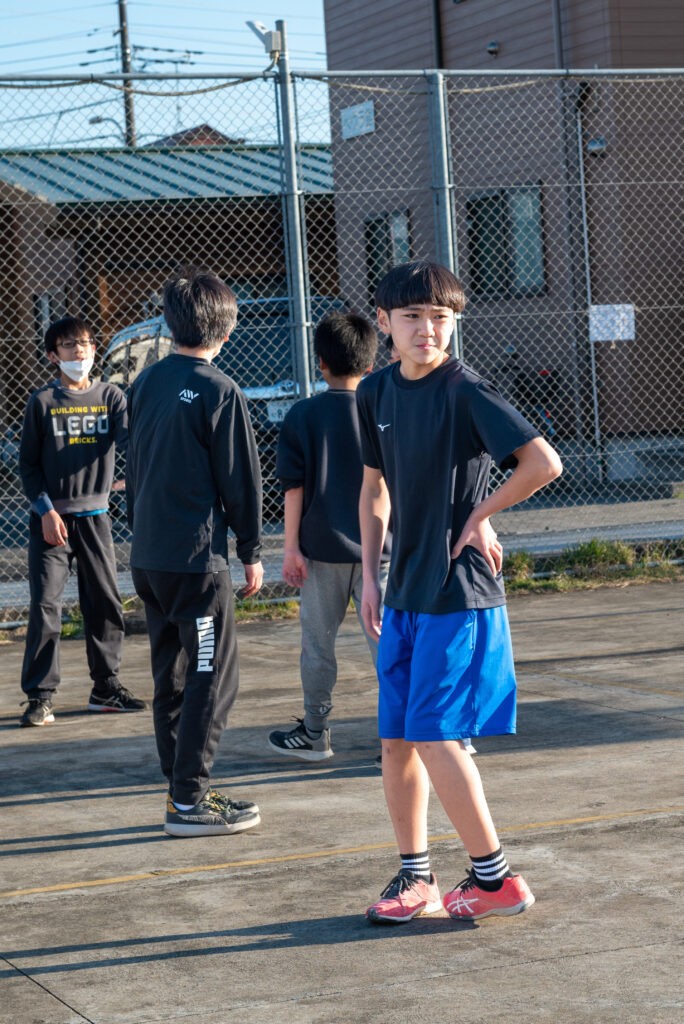
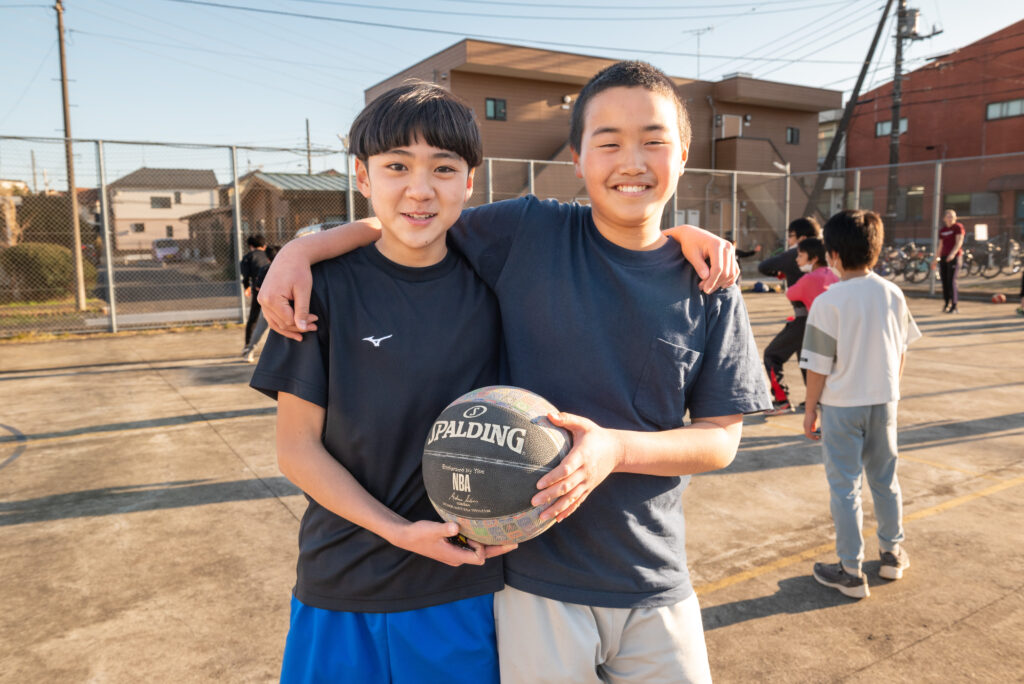
“I come about four times a week with my friends. We also play soccer and I do judo. My favourite subject in school is PE and my favourite basketball team is the LA Lakers. I’m not sure what I want to do when I grow up yet, I’m only 12. One thing I notice that’s different about my generation and my grandparents is that they remember the war. To me it’s just a story. I like living in Japan, it’s a peaceful and harmonious country. Though if I could do anywhere in the world, I’d like to go to the US because I like the Marvel movies, especially Spiderman.”

“I come here about 2-3 times a week. I’d like to play professional basketball in Japan when I’m older. I play for my school team. I’m the middle child of three in my family. We’re a non-religious family. One difference I’ve noticed with my parents is that they still use flip phones! They are a bit behind with the technology. If I could go anywhere in the world, I’d want to go to Korea because I like K-pop. Right now one of the most important things to a Japanese girl is having a fringe (bangs). It’s something we really like to style and take care of. I’m very proud of my country and want everyone to come see Mt. Fuji or the Tokyo Tower. But the hardest things about being a youth in Japan is the pressure to study and the ranking.”
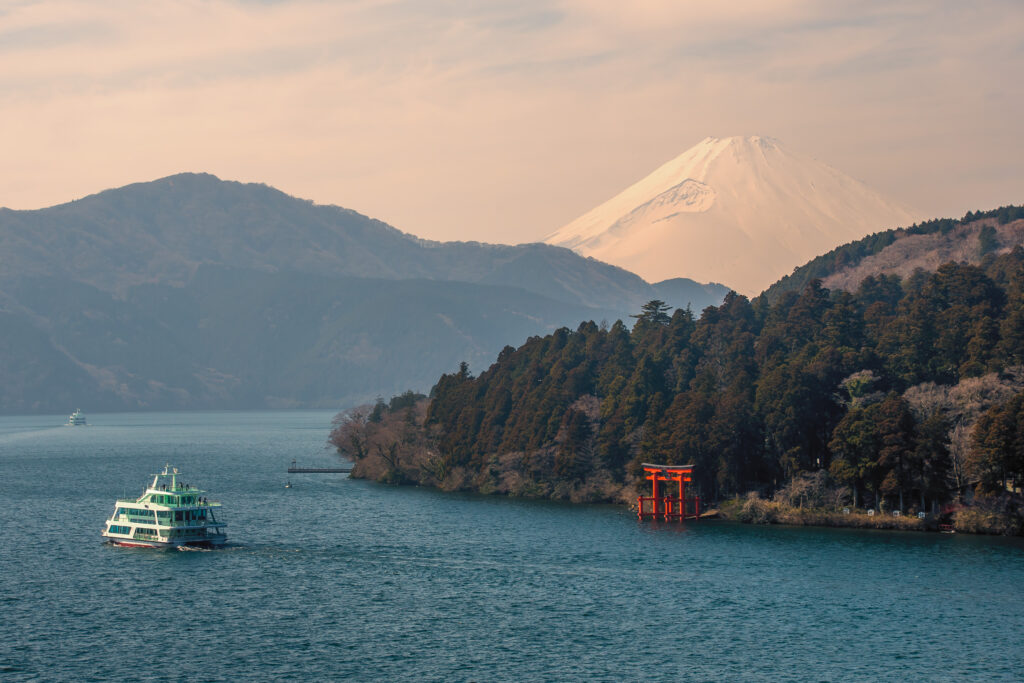
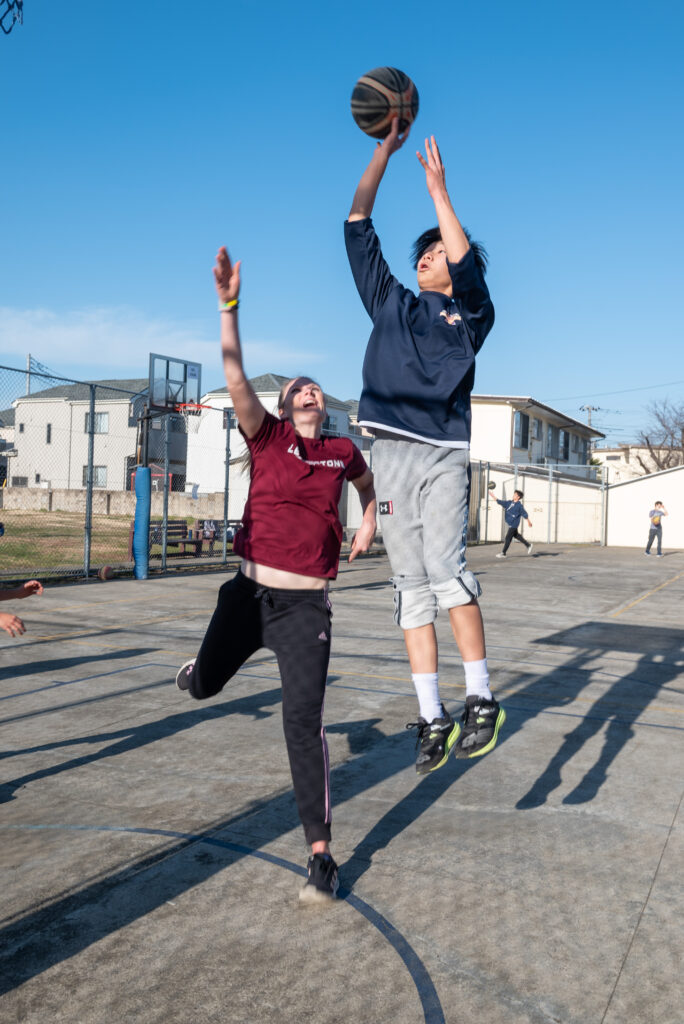
Chatting afterwards with Lindsay about the work she is doing in Japan, I asked her how she feels God is moving among the youth she interacts with and what she thinks are the next steps. “Kids are comfortable on the premises and in the buildings here. So we are thinking of ways to invite them back for English classes and other creative outlets to share the gospel. God is definitely moving in Japan, but it’s slow, maybe not as fast as in other places. The Japanese are not super open and it’s been called a missionary graveyard. But we believe revival is coming and God is working. In the past, we saw fruit come in groups, meaning groups of people coming to Christ, rather than individually. It may be because Japan is a society that values conformity, so if we can impact families and more kids come to the courts, there’s an opportunity to make an impact in a group setting and and individual won’t feel they stand out so much.”
I had brought two of my sons on this trip to Japan. Though they speak very few words of Japanese, basketball was the common language on the court as they played pick up and organised some drills with the neighbourhood kids. It was an eye-opening afternoon to see how OMS is using community sports to empower young people with a desire to lead them to the One who not only empowers but who can ultimately bring meaning and purpose to their lives.

Comments
BE THE FIRST TO WRITE A COMMENT